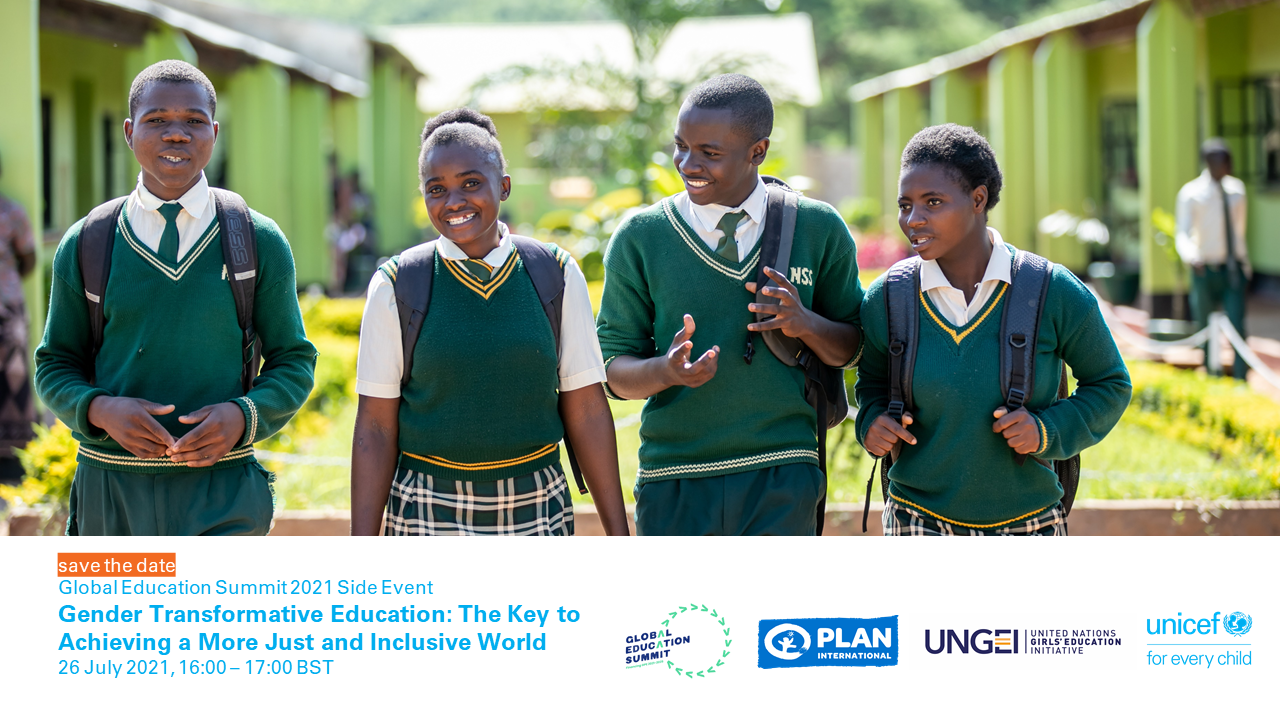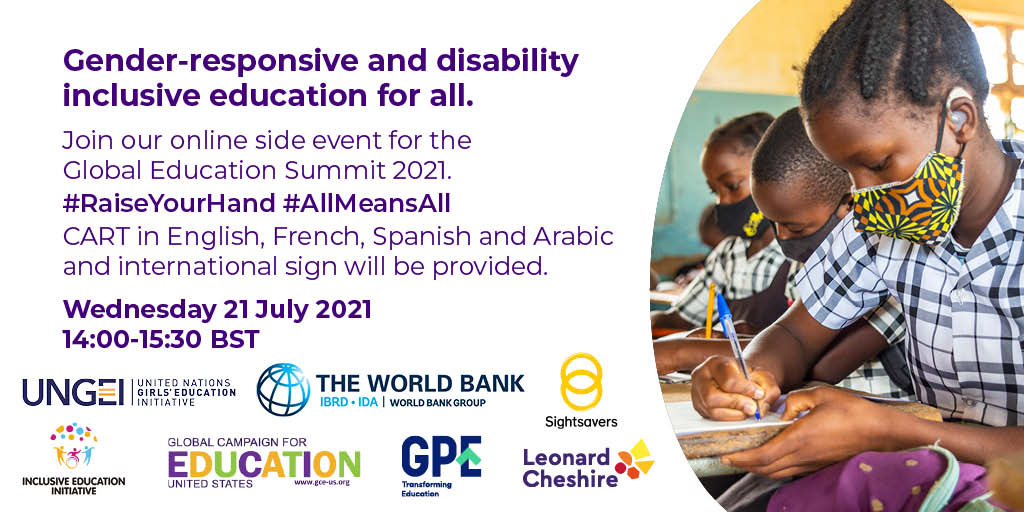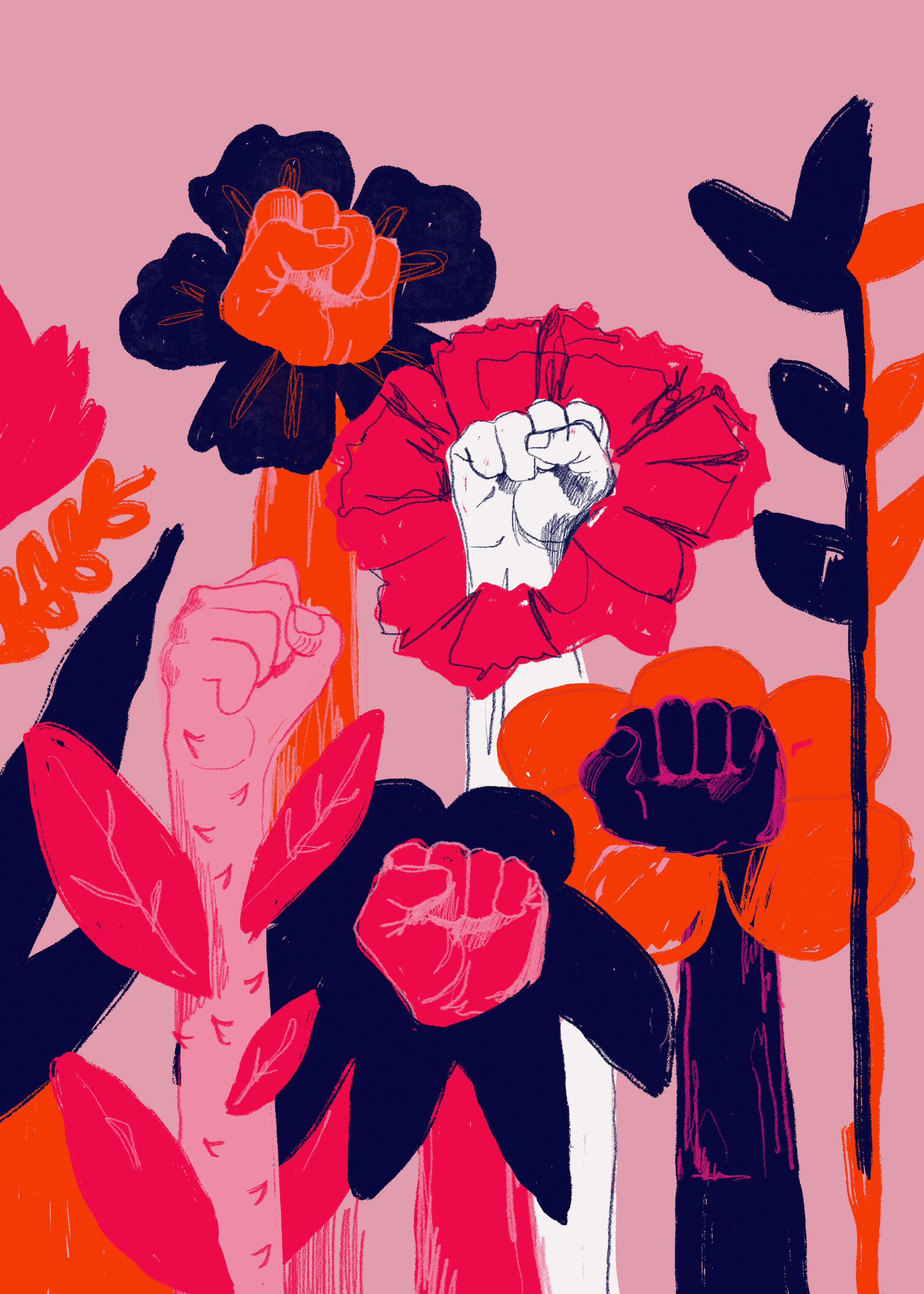UNGEI and Education Cannot Wait form partnership
Supporting gender-responsive approaches to education in emergencies
To advance its work in mainstreaming gender in response efforts to education in emergencies, UNGEI and Education Cannot Wait (ECW) this week signed an agreement that will improve cooperation and partnership between the two bodies.
To advance its work in mainstreaming gender in response efforts to education in emergencies, UNGEI and Education Cannot Wait (ECW) this week signed an agreement that will improve cooperation and partnership between the two bodies.
Through the new partnership, UNGEI will support ECW with technical expertise, ensuring the systematic integration of gender into the design, delivery, and monitoring and reporting on ECW investments in crisis-affected countries. The partnership will also support the alignment of ECW investments with global initiatives and propel advocacy efforts to eliminate barriers to girls’ education in crisis settings.
“Breaking barriers for girls’ education in crisis situations, where gender inequalities are most acute, is at the heart of UNGEI’s work. We greatly appreciate the opportunity to join forces with ECW in order to progress this shared agenda. This new partnership will enable us to support local partners in the design of educational programmes for girls in the most challenging contexts,” said Nora Fyles, Director of UNGEI.
Girls in crisis settings are two and a half times more likely to be out of school than boys at the primary level and 90 percent more likely to be out of secondary school than those living in countries free of conflict and crisis.
Investing in education for girls is a powerful tool for global social and economic resilience. The World Bank estimates that if every girl worldwide were to receive 12 years of quality schooling, irrespective of the country’s crisis status, their lifetime earnings could increase by $15 trillion to $30 trillion.
“This is about putting girls first in all that we do. Girls in crisis are subjected to multiple human rights violations because of their gender, such as sexual and other forms of physical violence, including child marriage and trafficking. Girls’ access to quality education is both a form of protection and empowerment to bring an end to gender-injustice,” said Yasmine Sherif, Director of ECW.
Gender equality and equity is at the core of ECW’s investments, which aim to support the delivery of quality, safe and inclusive education to the most marginalised children in crisis settings. The Fund is addressing gender disparities in and through education by promoting safe and protective learning environments, improving learning and skills for teachers, and ensuring greater continuity and sustainability for gender-responsive education responses in crisis settings.
This document has been composed with the free HTML converter which can be accessed here. Use it every time for document editing.


